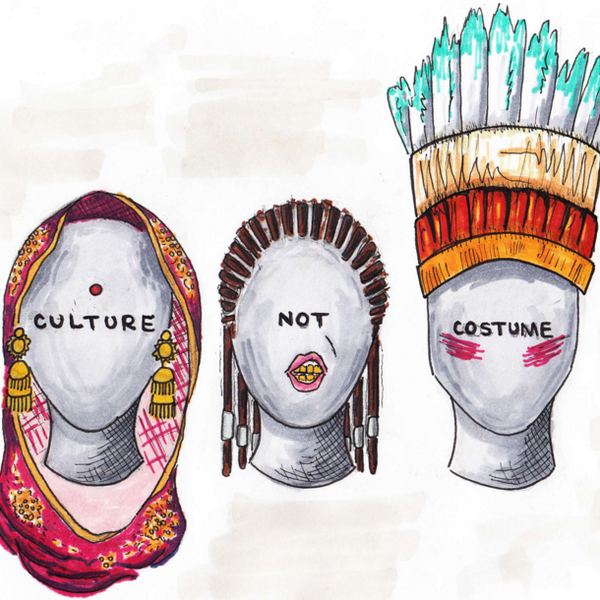Nur Ayesha. A thirty-year-old Rohingya who had fled her village in Burma with two little boys and a baby on the way. She hadn’t seen her husband in several weeks after he was beaten and arrested by the Burmese police. Nur’s house and village had been burned down soon after her husband was arrested. With no home left, she had no choice but to start the long five-day journey on foot to Bangladesh, the one place she and her children wouldn’t be under Burma’s constant attack. This is just one of the many stories of the Rohingya who have had to travel to Bangladesh after their villages were burned to the ground, their women were raped, and their people were viciously murdered.
An ethnic cleansing of the Rohingya Muslims has been taking place in Burma ever since August of 2017. The Burmese military has burned at least 288 villages ever since August and the number is still growing. A month after this cleansing began, at least 6,700 Rohingya were killed by the Burmese army, with about 800 of them being children under the age of five. More than 650,000 Rohingya are attempting to make the painful journey from Burma to Bangladesh, which is the only place they have a chance at being safe. But many of them don’t make to Bangladesh because the Burmese soldiers sink the boats the Rohingya take to cross rivers between Burma and Bangladesh.
The Burmese government has refused to grant the Rohingya, who had lived in Burma since 1948, Burmese citizenship or even acknowledge them as humans when they excluded the Rohingya from the 2014 census although they make up a third of the Burmese population. Before August, the Burmese government had been restricting the rights of the Rohingya. These rights including the Rohingya asking the government permission to get married or to move out of their villages. In early August, a Rohingya terrorist group attacked about a dozen Burmese security guards. Ever since that incident, the Burmese government has been attempting to rid Burma of all Rohingya. Now, the United Nations have been trying to solve this issue, but as usual, they have been ineffective.
The Burmese State Chancellor, Suu Kyi, was awarded the Nobel Peace Prize for her peaceful protests in Burma in the late 1900’s. Despite her role in the mass-murder of Rohingya, Suu Kyi is still a Nobel Peace Prize winner, which she gained for her “non-violent” protests and her wanting to make the world a “better place”. How ironic.
This conflict is on-going and doesn’t seem as if it will be solved in the near-future. The Burmese government has “promised” to allow the Rohingya back into Burma and make temporary camps for them until their villages are rebuilt, yet no actions have been taken to enforce this. The Rohingya stay in Bangladesh, with only plastic sheets to sleep on, in the fear of going back to Burma and being murdered by them.
Because our ignorance and lack of awareness of the world outside of America, a whole ethnic group is close to being wiped off the face of Earth. Had we known sooner about this horrific situation, so many lives might not have been lost. But now, the only thing we can do is spread awareness of this genocide.



















